Chemotherapy
Chemotherapy
Chemotherapy is typically a systemic treatment. This means that the drugs travel through the bloodstream to reach and destroy cancer cells throughout the body, including those that may have detached from the primary tumor in the prostate.
Because chemotherapy generally targets rapidly growing cancer cells, it is not recommended for men with early-stage prostate cancer that is growing slowly.
In the case of prostate cancer, chemotherapy is most often used to treat men whose cancer has recurred or spread to another part of the body after hormone therapy.
It plays an important role in treating prostate cancer that has become resistant to hormone therapy (hormone-resistant, castration-resistant, or refractory).
Research protocols are underway to assess the potential of combining chemotherapy with prostatectomy or radiotherapy in patients with more aggressive cancer.
Finding a clinical trial can be a difficult and complex process. That’s why our partner Q-CROC has established Onco+, a free support service offered to anyone looking for a clinical trial in oncology in Quebec.
If you would like to learn more about clinical trials in oncology in Quebec and assess whether participation in a clinical trial could be an option for you, please visit our partner Q-CROC’s website.
Other sites on clinical trials:
- Clinical Trials Gov: www.clinicaltrials.gov
- Canadian Cancer Trials: canadiancancertrials.ca
Factors justifying this choice
In men with prostate cancer, chemotherapy can help:
- slow the spread of cancer;
- prolong life;
- relieve pain or manage symptoms that may occur at more advanced stages.
The most commonly used chemotherapeutic agents in the treatment of metastatic prostate cancer are:
- docetaxel (Taxotere)
- cabazitaxel (Jevtana)
Docetaxel (used in combination with prednisone or prednisolone) has shown a survival benefit in the treatment of cancer resistant to hormonal therapy.
Cabazitaxel is a chemotherapy drug used with prednisone to treat patients with prostate cancer that has spread outside the prostate and who have already been treated with docetaxel.
Both docetaxel and cabazitaxel have been shown to help men live longer, on average, than older chemotherapy drugs. They can slow the growth of cancer and also alleviate symptoms, resulting in a better quality of life.
Castration-resistant prostate cancer
Without metastases
Hormone therapy-resistant prostate cancer without detectable metastases is currently an area of research in the field of prostate cancer. In recent years, some new-generation anti-hormonal drugs in tablet form – apalutamide (Erleada), enzalutamide (Xtandi), or darolutamide (Nubeqa) – have been shown to be effective in patients with castration-resistant prostate cancer without metastases with a rapid rise in PSA. Your doctor may suggest one of these options if your cancer is at high risk of progression.
You may also consider participating in a research protocol to benefit from new forms of therapies.
With metastases
Metastatic castration-resistant prostate cancer occurs when cancer has spread to parts of the body other than the prostate and is capable of growing and spreading even if medications or other treatments aimed at reducing male hormones (testosterone) are used to treat it.
This is the stage of cancer where diagnostic tests such as bone scans or CT scans have detected metastases. At this stage of cancer, unfortunately, we can no longer talk about a cure, and prolonging the patient’s life and quality of life become the priority.
The doctor tries to delay the complications – general impairment, weight loss, pain, and fractures – due to the progression of metastases as much as possible. Indeed, from the moment the cancer becomes resistant to castration and has detectable metastases, symptom relief through hormone therapy is still necessary, but no longer sufficient. Chemotherapy improves the overall condition of the patient who is starting to be very affected by the disease.
In addition, while older hormonal treatments are still useful and should continue to be used, adding a new generation of hormonal agents, such as apalutamide (Erleada), enzalutamide (Xtandi), and abiraterone acetate (Zytiga), offers substantial benefits to patients.
In addition to your treatments, relieving symptoms and side effects is an important part of caring for and treating metastatic cancer. Painkillers are prescribed to relieve pain, both bone and others, treatments to strengthen bones, for example, zoledronic acid (Zometa) or denosumab (Xgeva), and even palliative radiotherapy. Dietary supplements (such as Ensure) and blood transfusions in case of anemia are also helpful.
You may also consider participating in a research protocol to benefit from new forms of therapies.
Although these treatments may help relieve your symptoms, they do not lead to a cure. However, since they act on your entire body, they can help slow down the growth of your cancer, regardless of which parts of the body the cancer cells have spread to.
Advantages of chemotherapy
- It can slow down the spread of your cancer.
- It can treat prostate cancer, no matter where it is in your body.
- It can be used with other treatments.
- It can alleviate your pain associated with advanced stages of cancer.
- It can prolong your life.
Disadvantages of chemotherapy
- It can cause side effects that could have a significant impact on your daily life.
- Some side effects persist as long as chemotherapy is not discontinued.
Risks and complications of chemotherapy
The specific side effects depend on the type of drugs administered. The following side effects are common with most types of chemotherapy:
- Gastrointestinal problems such as nausea, vomiting, and diarrhea
- Fatigue and anemia
- Total or partial hair loss
- Skin sensitivity
- Vulnerability to infections (most commonly chest, mouth, throat, and urinary tract infections)
- Nail changes
- Infertility

Each case is unique
The drugs, their dosage, and their mode of administration vary from one man to another.
For docetaxel, for example, the number of injections per week or per month (chemotherapy cycles) to treat prostate cancer varies depending on your tolerance and response to treatment.
Generally, six to ten cycles are prescribed, with one to three treatments every three weeks lasting about 30 minutes per treatment.
- You will need to work with your healthcare team to create a plan that suits you.
- You will need to rearrange your schedule, work, and finances as needed and work as a team with your partner and/or loved ones.
- You will need to travel, allocate time for your treatment preparation, for the treatment itself, and for your recovery once back home.
- You will have regular blood tests before chemotherapy. These tests are intended to monitor blood counts because chemotherapy can lower the number of white blood cells, red blood cells, or platelets in your blood.
- You will have PSA tests on a regular basis.
- In case of progression, you may receive another series of chemotherapy cycles.
Checking the benefits of treatment
To check the benefits of treatment, your PSA level and symptoms due to the disease are observed. Changes in radiological examinations are rarely observed because it is difficult to assess the effectiveness on bone metastases.
However, many patients will see their PSA levels and symptoms improve after just a few treatments (with docetaxel, for example). This improvement often gives patients hope and encourages them to continue their fight against the disease.
New treatments are being researched every day. Consult your doctor about available treatments and whether they are right for you.
Returning home
Chemotherapy kills cancer cells, but it can also damage your healthy cells. Cells and tissues in the body do not all tolerate chemotherapy in the same way.
Side effects can occur at any time during chemotherapy. Some occur during treatment, others immediately after, or a few days or even weeks later. They occur because your healthy cells take time to recover from the effects of chemotherapy drugs.
It is important to report your side effects to your healthcare team. Doctors can assess (measure) the severity of some of them. Sometimes, doses, treatment duration, or drug combinations may need to be adjusted if the effects are significant.
Side effects
Chemotherapy is often said to be a treatment that makes you sick to help you feel better. Most people fear the side effects of chemotherapy, partly because we mainly hear about the most impressive effects.
Remember that not all patients experience severe side effects, and discomfort caused by them is usually temporary.
The side effects of chemotherapy vary depending on the chemotherapy agent and the patient. In general, the targeting of rapidly dividing cells is responsible for some side effects. To learn more, see our section on chemotherapy-related side effects.
Medical follow-up
Follow-up care varies from patient to patient. Once you have completed all your chemotherapy treatments, your healthcare team will tell you if there are other treatments recommended and what your follow-up care will entail.
The follow-up care you receive will depend on:
- your type of cancer
- where the cancer was located in your body at the time of diagnosis
- the success achieved by chemotherapy
Work as a team with your healthcare team
This step helps your healthcare team monitor your progress and check how you are recovering from the side effects caused by your chemotherapy. Make sure to note any side effects you experience. It is helpful to use a personal journal for this purpose.
Follow-up appointments will give you the chance to discuss how you are feeling. Feel free to discuss your emotions about cancer. You can ask questions about your care and things you should watch for in the future.
You can also discuss changes you could make in your life to make it healthier or learn about support groups if you are not already enrolled in one.
Your healthcare team
They will outline your follow-up program. In addition to consultations with your healthcare team, follow-up care may include physical exams, blood tests, and other imaging tests. These exams may be similar to those used to diagnose your cancer.
The schedule of follow-up visits is different for each person. You may be asked to meet more often during the first year following the end of your treatment and then at longer intervals.
Your follow-up care may be entrusted to your family doctor, oncologist, or hematologist. This may depend on your type of cancer and the success achieved by chemotherapy in treating it.
Questions for the medical team
To get answers to your questions, you need to prepare. Before meeting with your doctor or nurse, make a list of questions to ask. Making a list of questions before your appointment with your doctor can be a way to put on paper what concerns you.
- Write down the most important questions on your list first.
- Bring a loved one with you.
- Remember that this meeting is not your only chance to ask questions.
- Try to accept that uncertainty exists; medicine does not have a definitive answer to all questions.
We invite you to visit our page Questions to ask your doctor and healthcare team about advanced prostate cancer. Asking questions will open communication, provide information tailored to your situation, and reduce the stress associated with understanding your treatments.
Additional Information - Treatment options
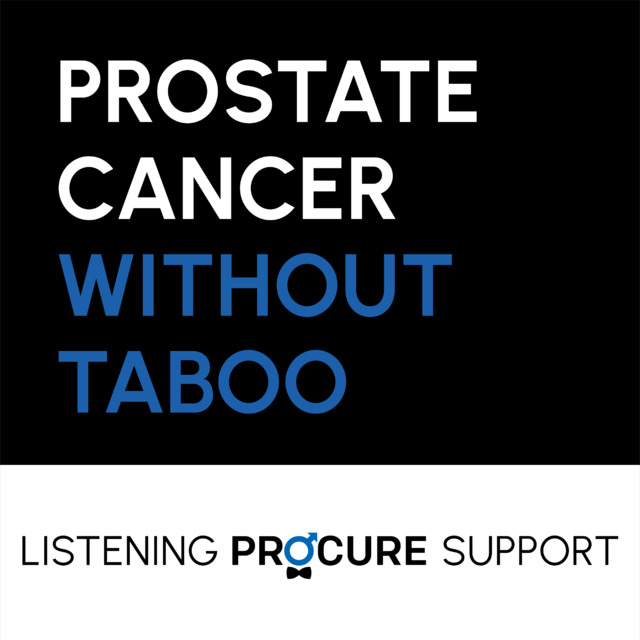
Advanced prostate cancer treatments strategies
Strategies for treating advanced cancer have significantly evolved, offering new options and hope for patients.

Prostate Cancer Study Results Summaries (2023 ASCO-GU)
Summary of clinical trial results on promising prostate cancer research.

Advanced Prostate Cancer Triple Therapy Study Results (2023 ASCO-GU)
Clinical trial results on triple therapy for advanced hormone-sensitive prostate cancer.
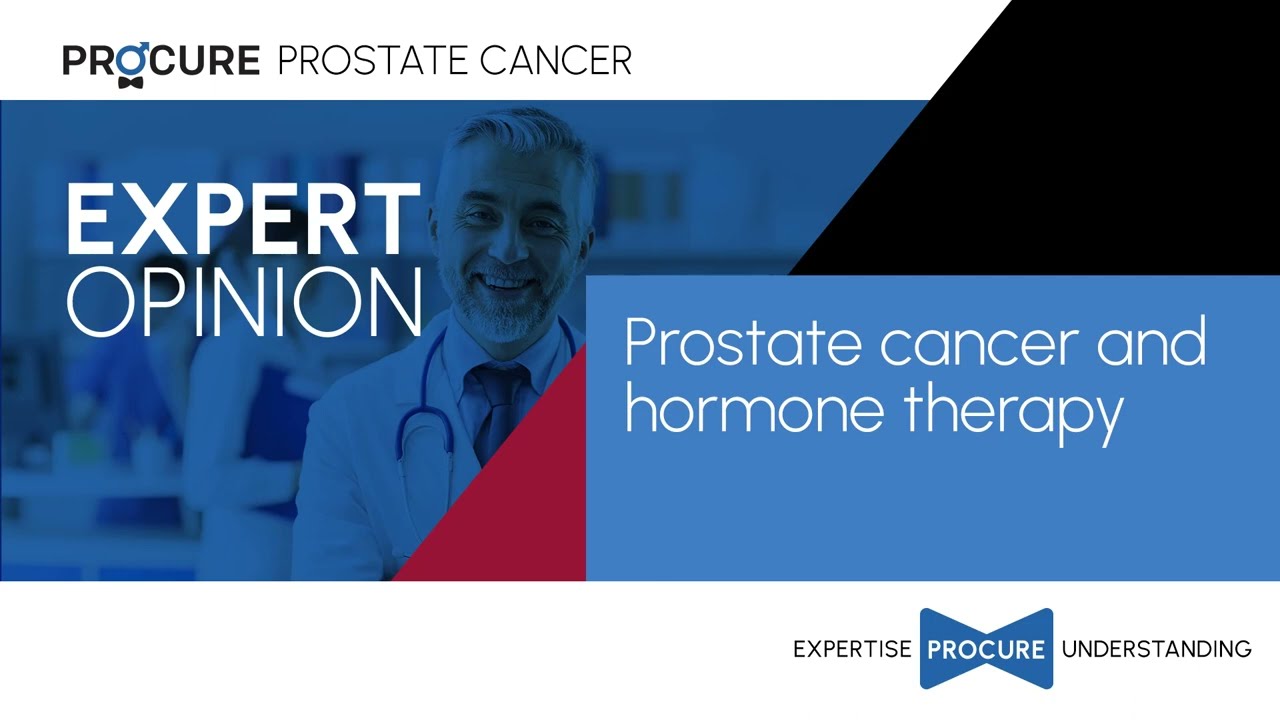
Expert Opinion: Prostate Cancer and Hormone Therapy
What you need to know about hormone therapy and how to manage the side effects of this treatment.
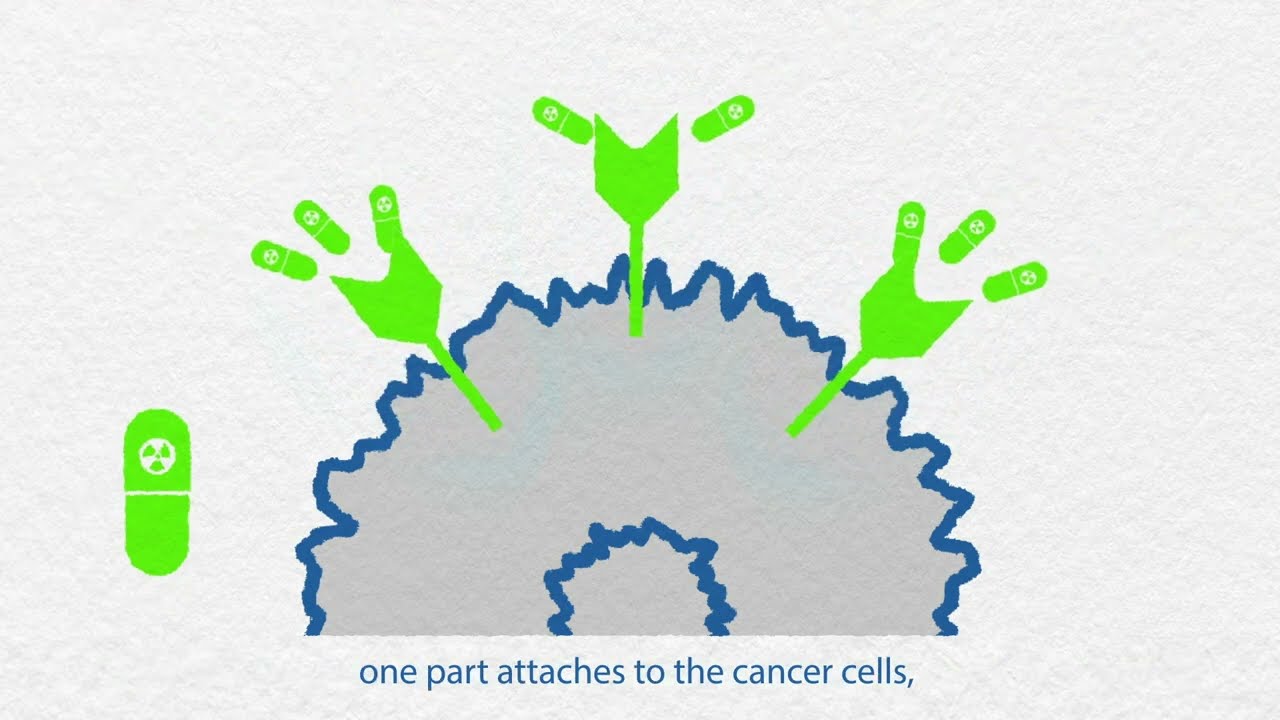
Prostate cancer and nuclear medicine
What about nuclear medicine? Is it suitable for your situation?
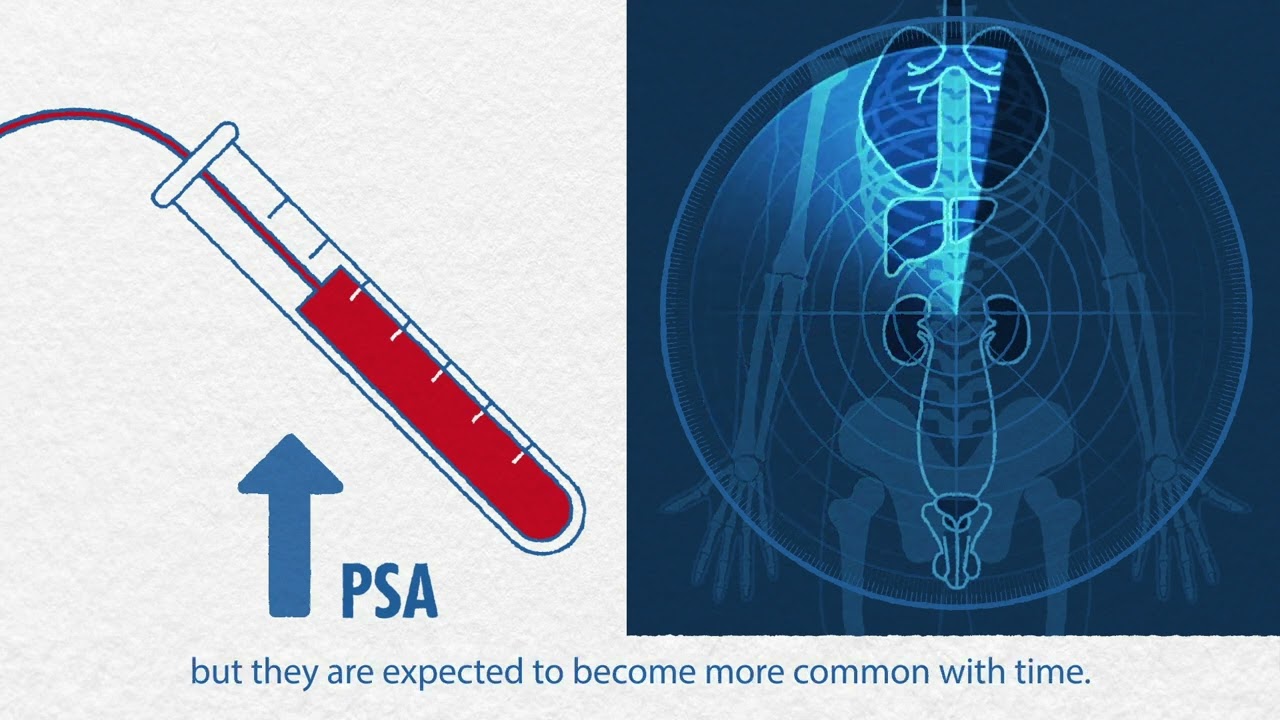
Nuclear imaging technologies
Has your doctor suggested prostate imaging tests? Explore options like PSMA PET scans.
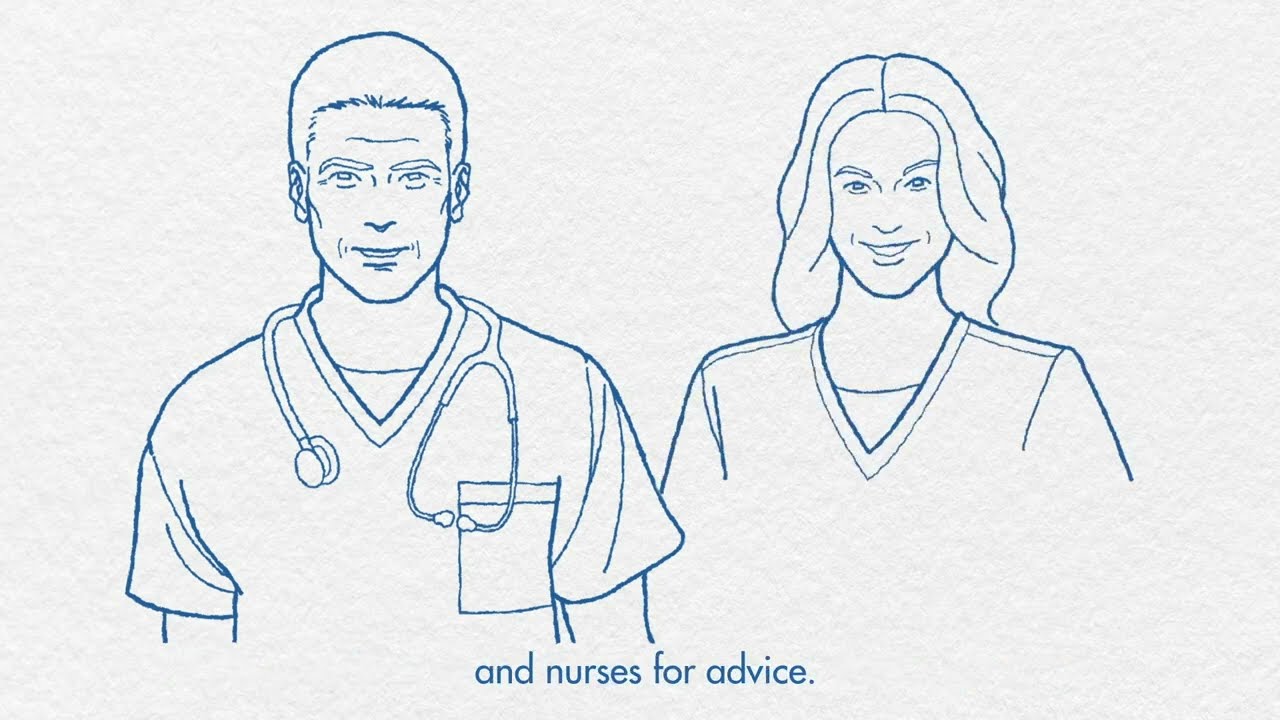
Targeted therapy and inherited mutations
If you have a specific genetic mutation, you could benefit from new targeted treatments.
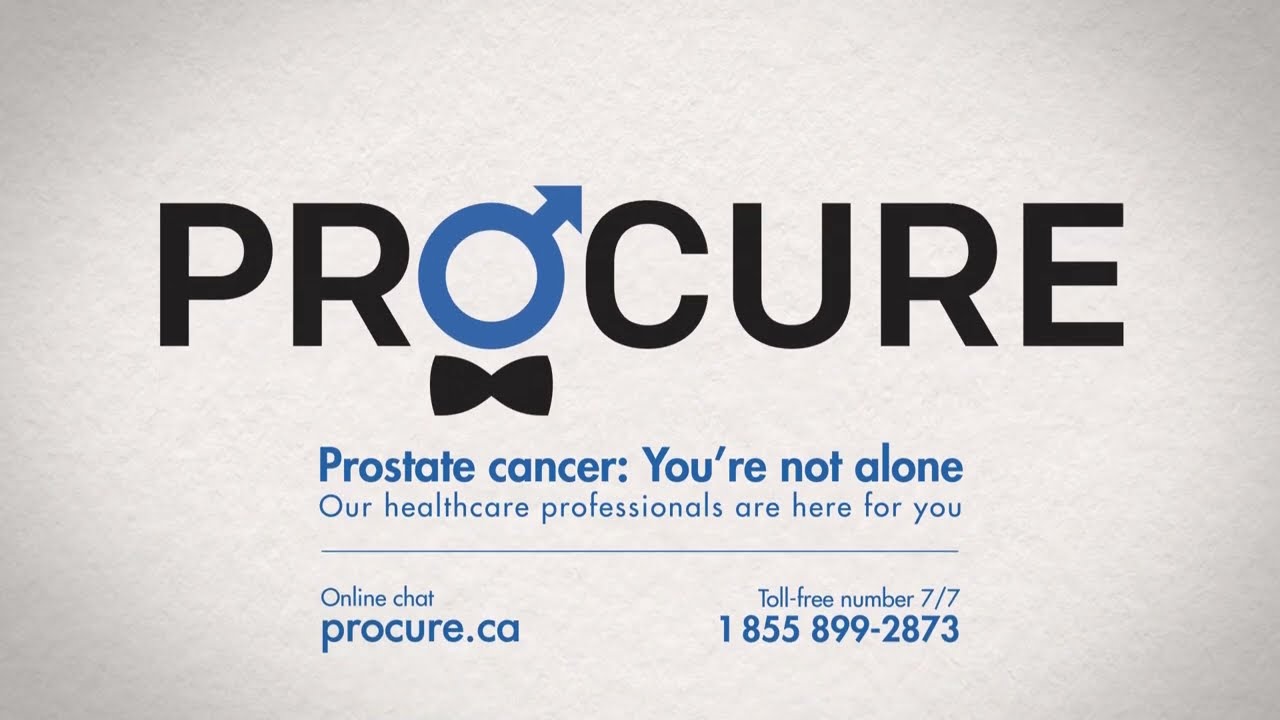
States of prostate cancer following treatment
Do your recent tests show an increase in PSA levels? It could indicate a recurrence.
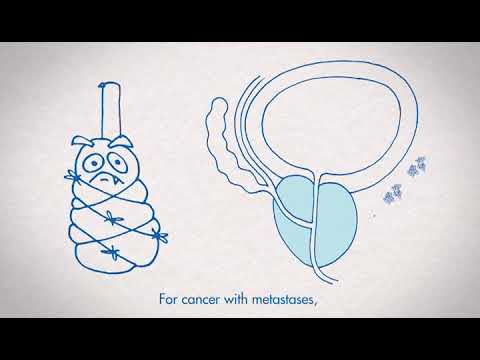
The role of hormone therapy
Has your doctor recommended hormone therapy? This video is for you!
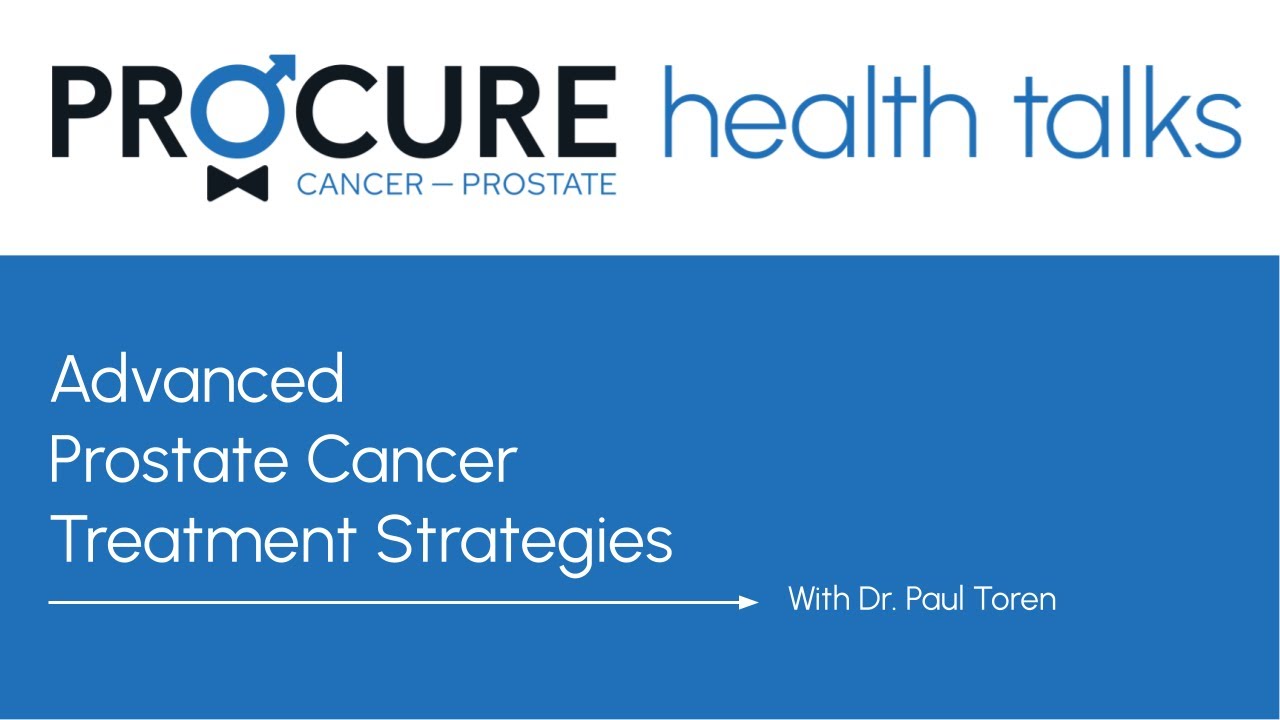
Advanced prostate cancer treatment strategies
Strategies for treating advanced cancer have significantly evolved, offering new options and hope for patients.

Advanced prostate cancer treatment
Advanced prostate cancer encompasses various conditions, including metastatic, recurrent, and hormone-resistant forms, each raising different questions and concerns.
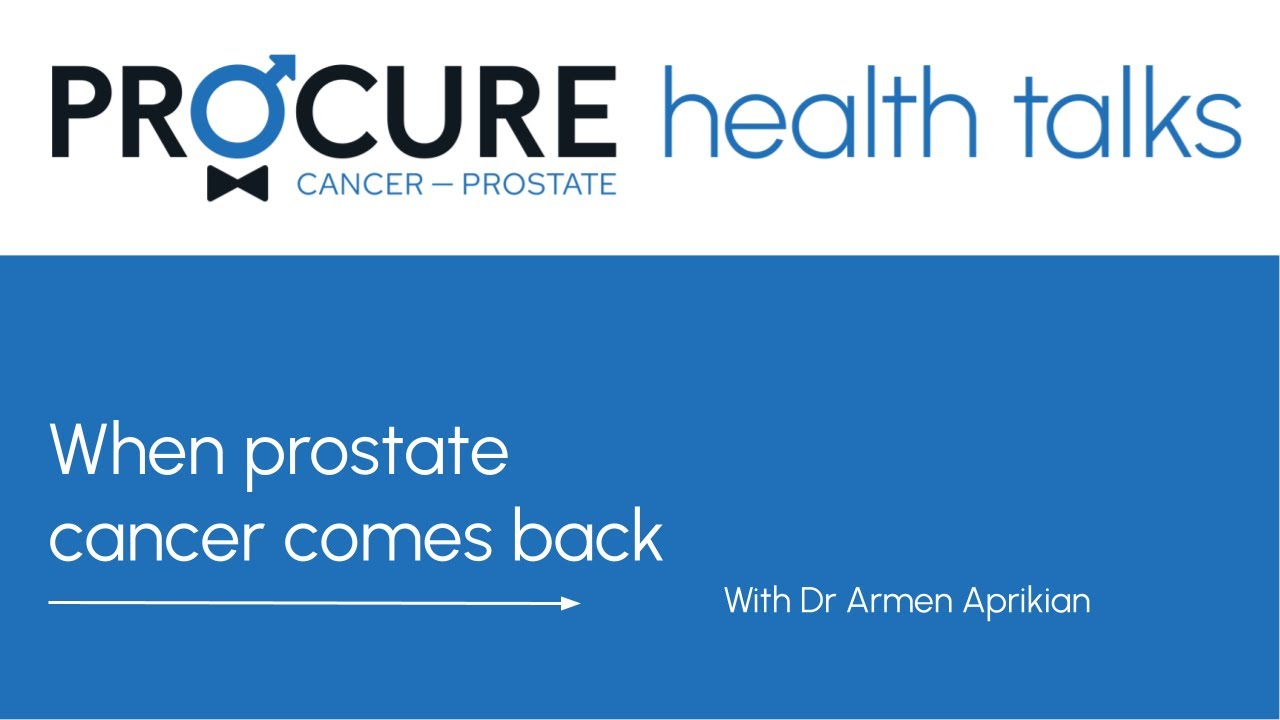
When prostate cancer comes back
A recurrence is when the cancer returns after treatment. The main question is, “What’s next?”
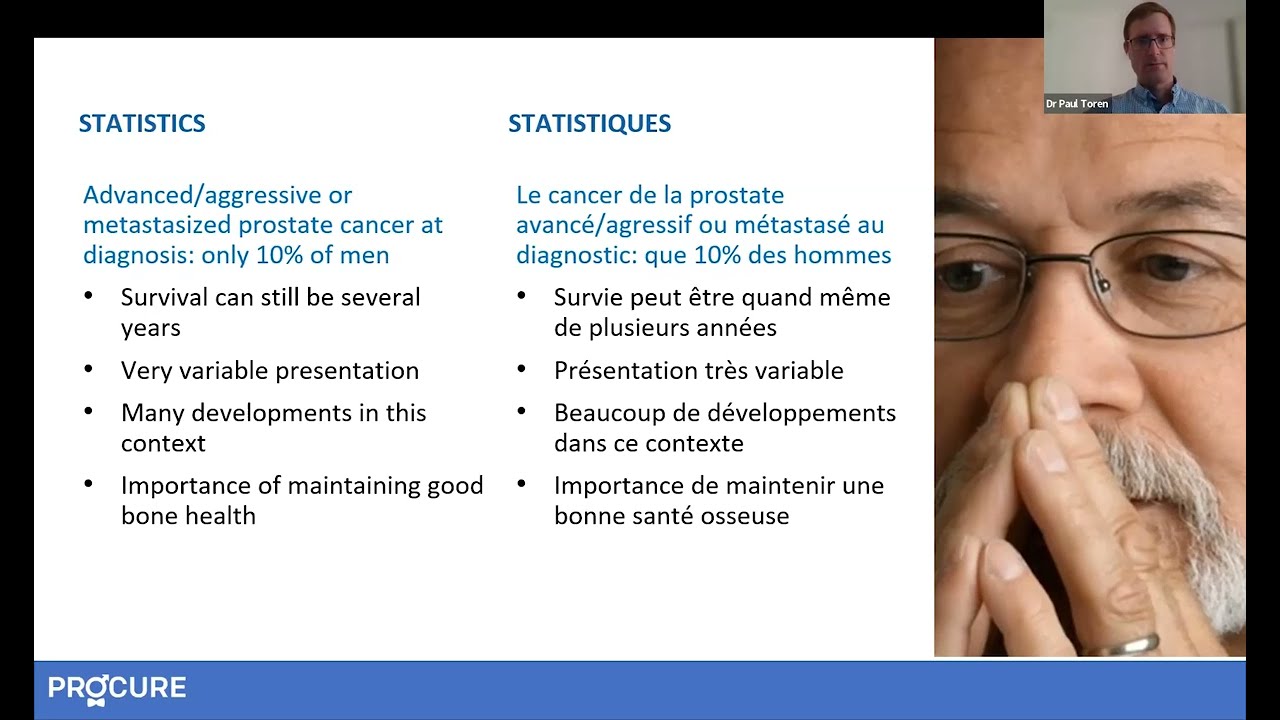
How to treat advanced prostate cancer
Advanced prostate cancer encompasses various conditions, including metastatic, recurrent, and hormone-resistant forms, each raising different questions and concerns.
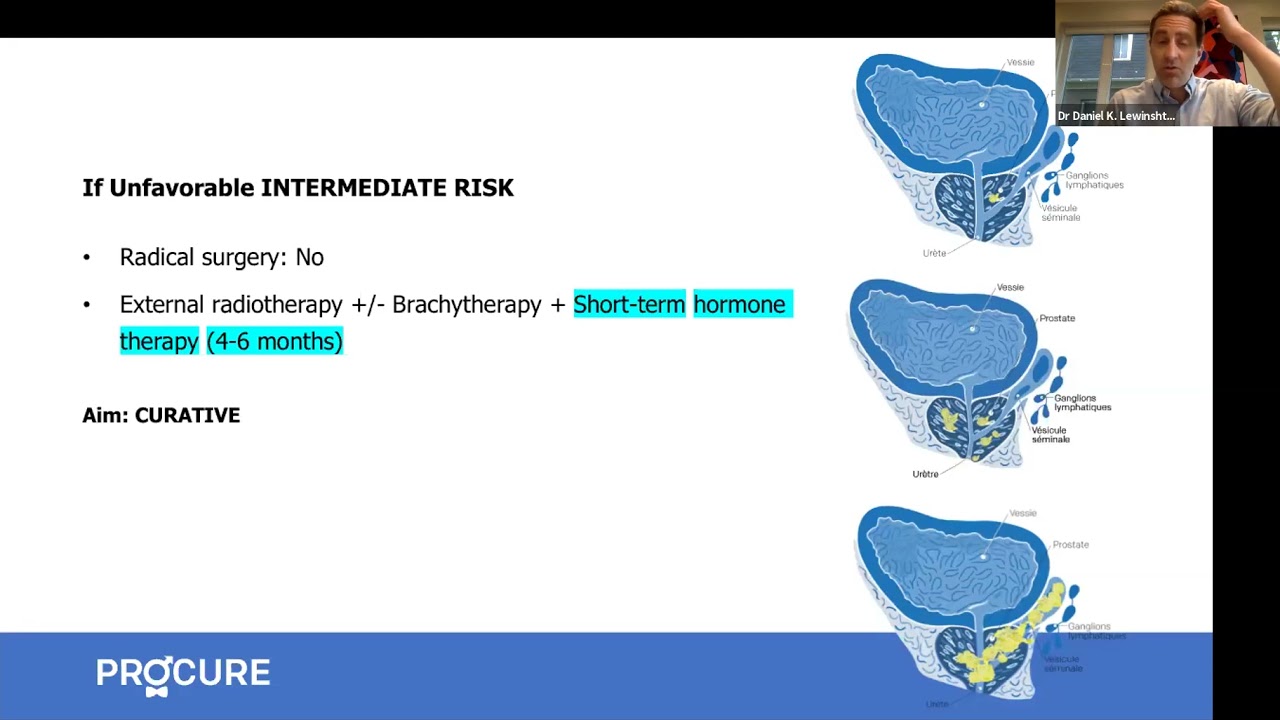
All about hormone therapy
Hormone therapy can reduce tumor size, control cancer, and prolong life. Is it the right treatment for your cancer?
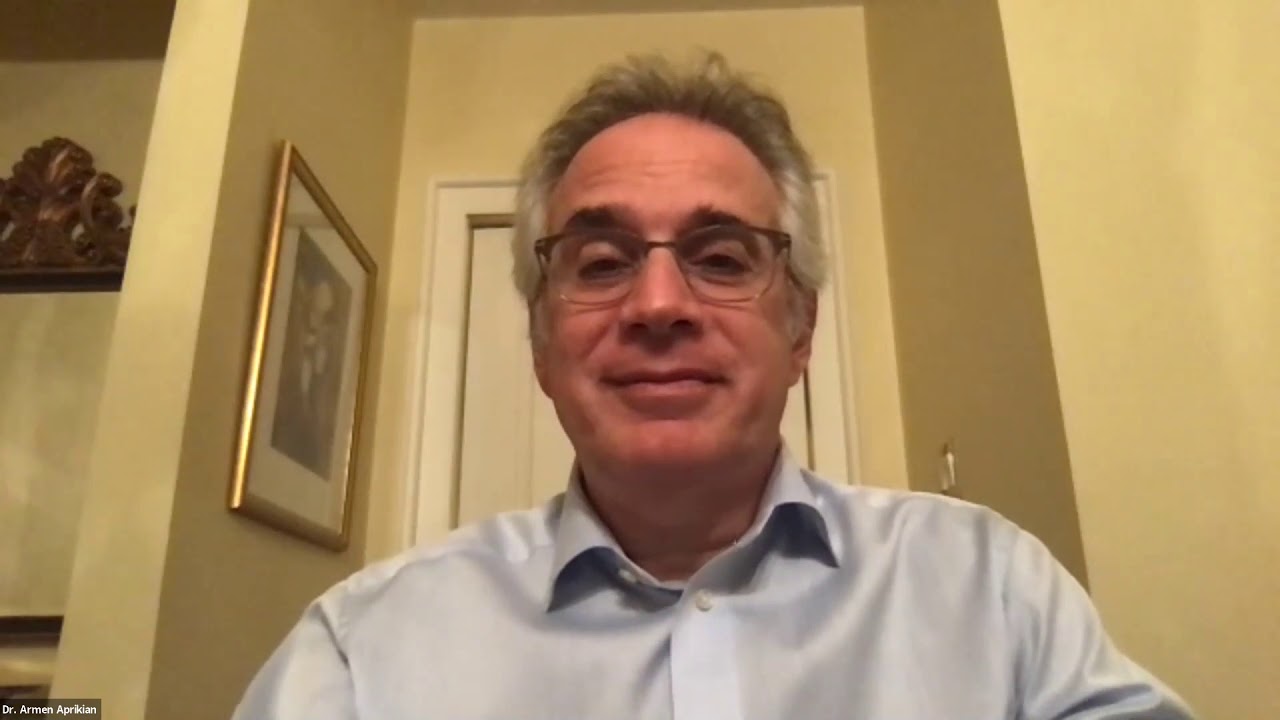
Q-A – New therapies for advance prostate cancer
In this interview, we answer patients’ questions about new therapies for advanced prostate cancer.

Do your medications cause erectile dysfunction?
Aside from prostate cancer treatments, if you experience erection problems such as erectile dysfunction, it’s crucial to understand that this can be related to various causes. Often, erectile dysfunction is triggered by reduced blood flow to the penis or issues affecting the nerves responsible for erection. These situations frequently arise from other health problems such […]
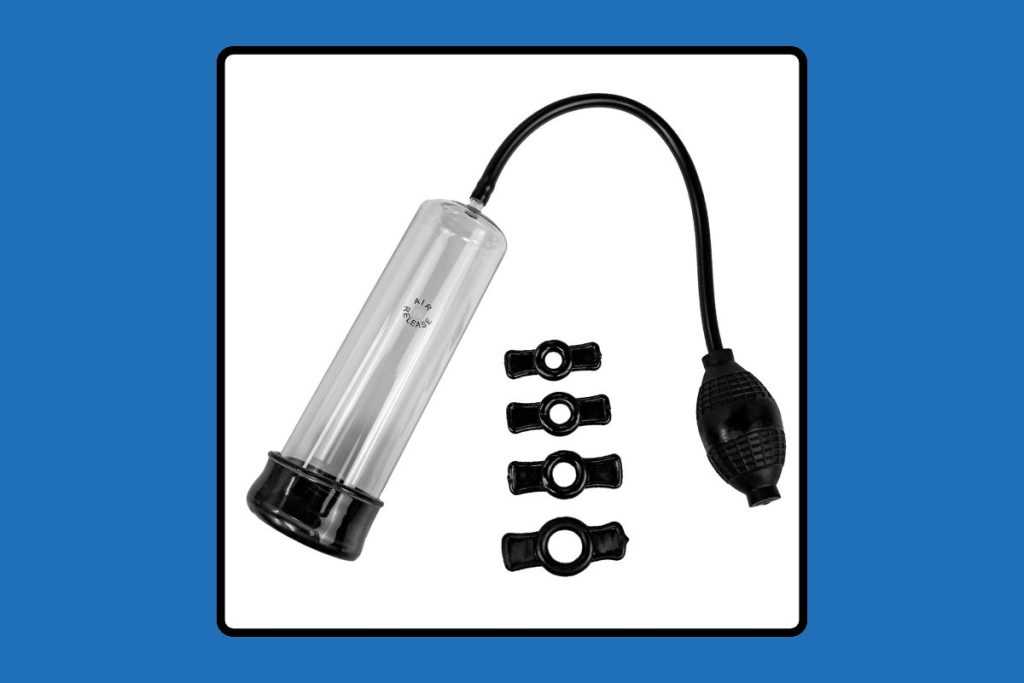
Vacuum erection devices: What you need to know
Vacuum erection devices (VEDs), or penile pumps, are a non-invasive solution for men experiencing erectile dysfunction (ED), particularly after radical surgery to treat prostate cancer. These devices can help restore erectile function, improving quality of life and intimacy. Let’s explore what to look for when buying a VED, the benefits of choosing a medical-grade device, […]

Living with permanent erectile dysfunction in 5 points
Living with permanent erectile dysfunction in 5 points outlines the essential considerations in navigating this reality. These tips serve as guiding principles to assist individuals, whether they are in a relationship or facing this situation alone. Healthcare professionals are here for you Sexuality is ever-present; it does not disappear with permanent erectile dysfunction. Consult healthcare […]

Sexuality and intimacy in 5 points
Sexuality and intimacy in 5 points addresses specific challenges and opportunities that may arise after treatment for prostate cancer.

Orgasm without erection?
It is entirely possible for a man to achieve orgasm without an erection or penetration and there are several ways to achieve this.

Food tastes funny…!
I feel like one of the worst effects was losing my taste buds. Everything I tried to eat tasted funny. So why food tastes funny?

I am a little bit diabetic
My doctor informed me that I am a little bit diabetic and that I will have to make important changes to my lifestyle.
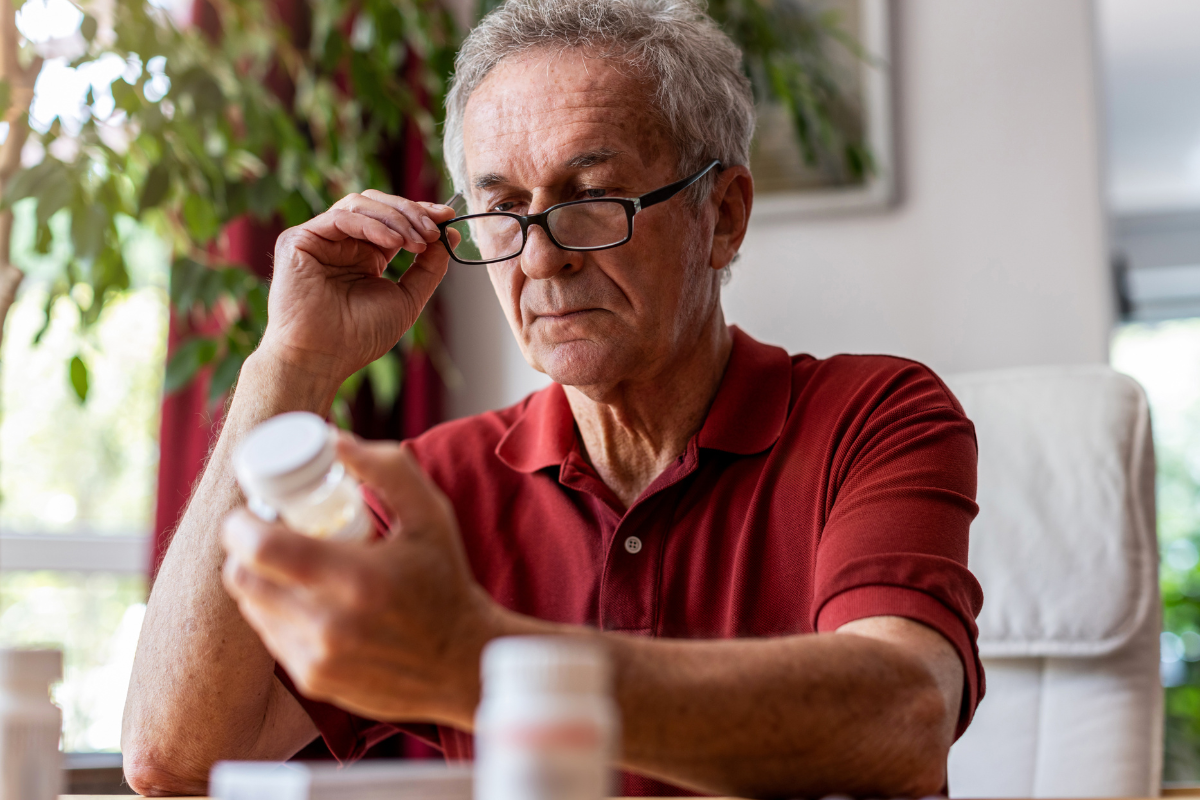
Will the effects of hormone therapy disappear?
Hormone therapy is used to prevent your body from secreting or using testosterone. But what about the side effects of hormone therapy?

Why am I urinating my semen
If you are wondering why you urinate your semen, the answer is that you have what is called retrograde ejaculation.
Sources and references
Last medical and editorial review: April 2024. See our web page validation committee and our collaborators by clicking here.



